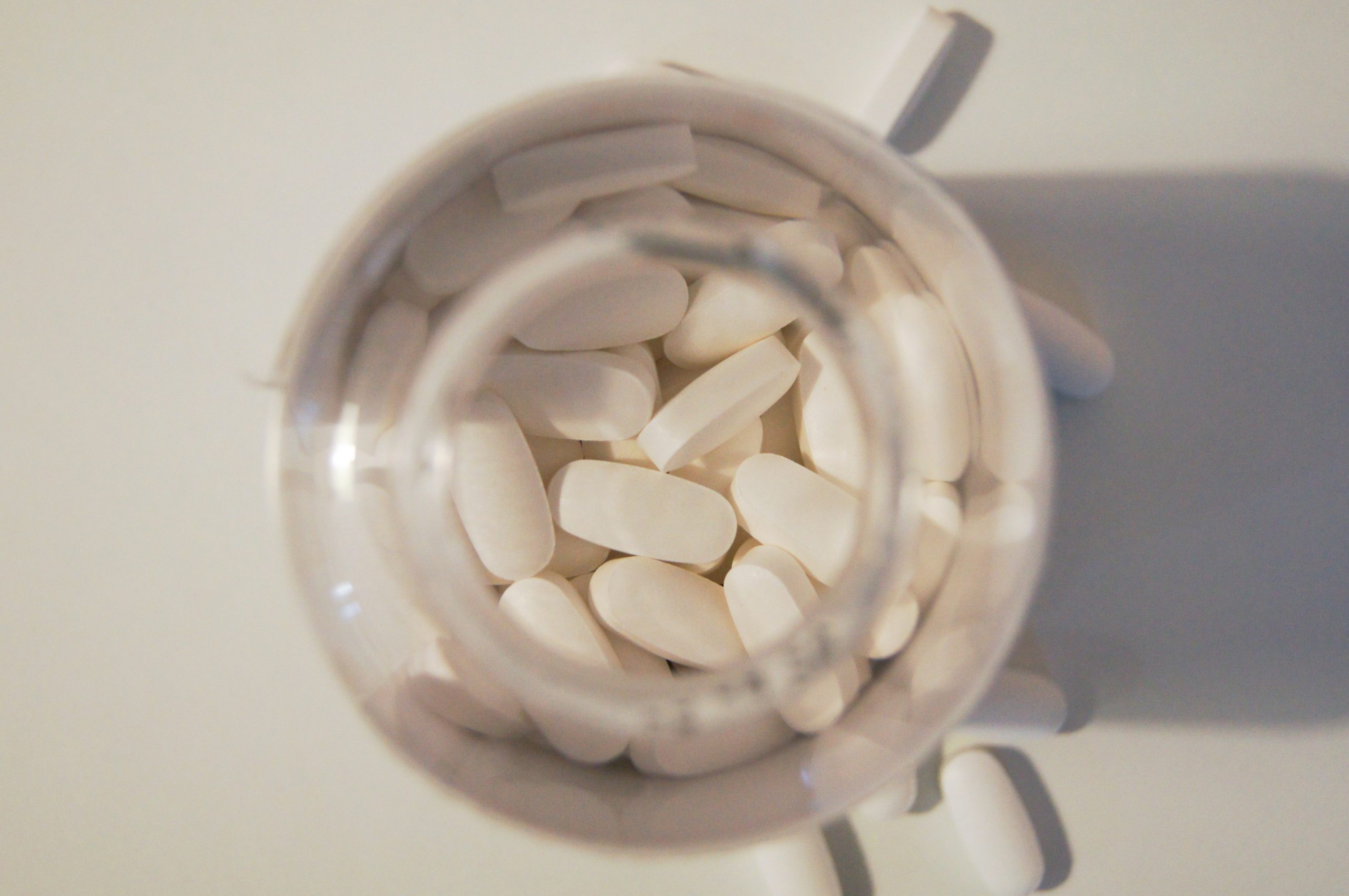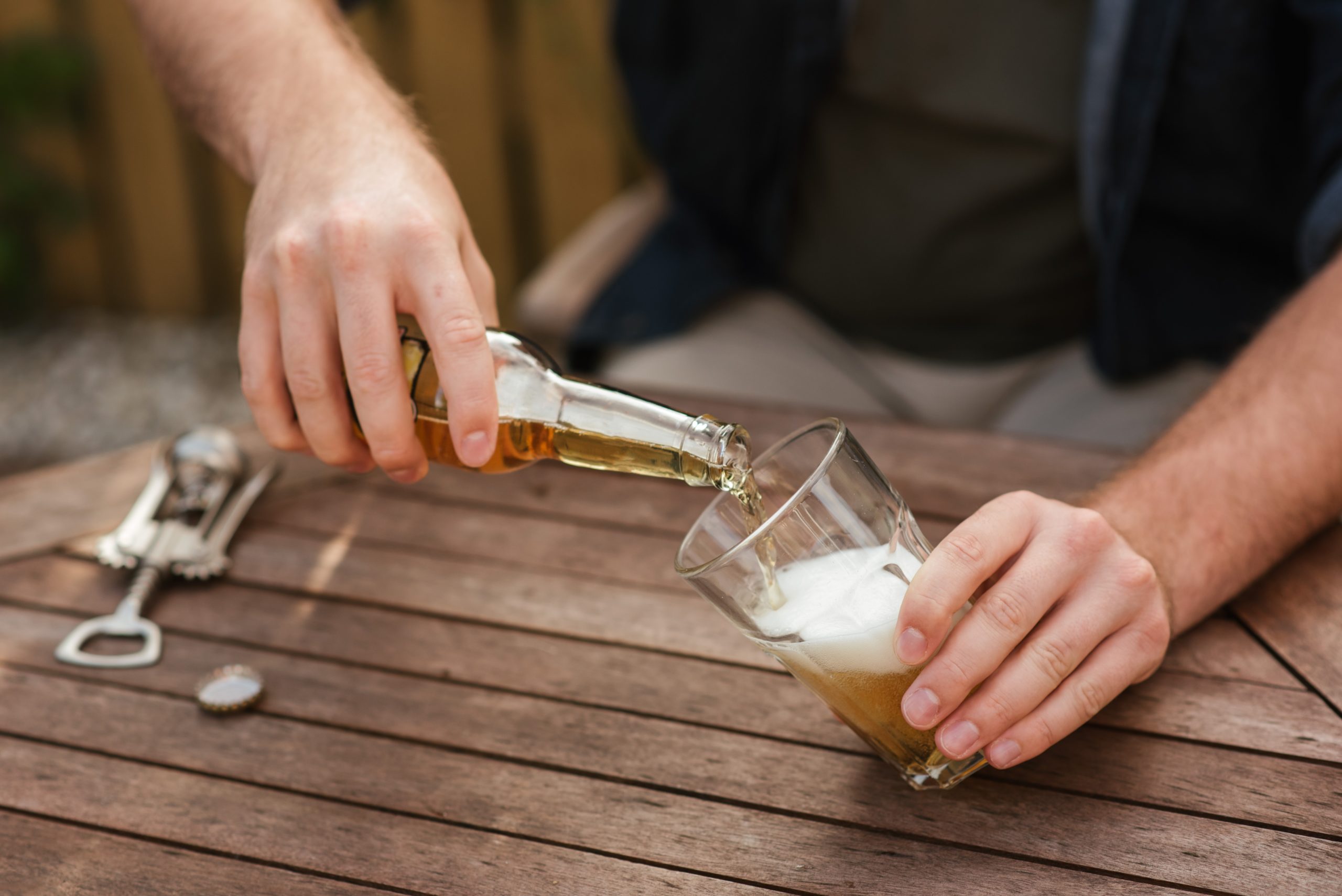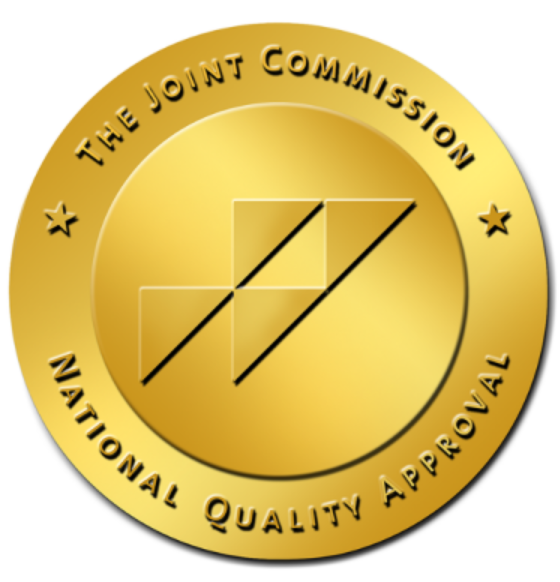
What is the Connection Between Alcohol Abuse and Depression?
For most people, admitting to having a drinking problem is the first major impediment to recovering from addiction. While many factors contribute to this difficulty, among them the stigma associated with alcoholism, the situation can be further complicated when an individual suffers from other mental illnesses. Depressed individuals who engage in substance abuse often realize something is wrong but are not sure whether to attribute their problems to their mental illness or to alcohol abuse. The reality is that both conditions are inextricably linked. Alcohol abuse leads to depression, and depression can exacerbate alcohol abuse, leading to a vicious cycle that is difficult to escape without outside help. For individuals suffering from both conditions, making use of treatment services is essential.
Alcohol Use Disorder
When patterns of alcohol misuse become dangerous, a person can be diagnosed with what psychiatrists call alcohol use disorder (AUD). According to the National Institute on Alcohol Abuse and Alcoholism, approximately 15 million people in the United States suffer from alcohol use disorder. People with alcohol use disorder drink compulsively and often find it difficult to control their drinking. It is common for individuals with this condition to fail repeatedly to cut down or stop drinking despite a desire to do so. Their physical dependence on alcohol causes them to experience negative emotional states and physical pain when they are not drinking.
Depression
While feelings of sadness are experienced at times by just about everyone, the condition that psychiatrists refer to as major depression is characterized by persistent and severe feelings of despair that make it hard for an individual to enjoy normal activities. Symptoms of depression vary wildly, but they include:
- Feeling irritable or deeply sad
- Losing interest in normal activities
- An inability to experience pleasure
- Losing or gaining weight
- Sleeping more or sleeping less
- Having an agitated or slowed manner
- Feeling more fatigued than usual
- Decreased self-esteem and a sense of guilt
- Inability to concentrate or make decisions
- Suicidal ideation
An episode of depression can last from two weeks to many years. Having one episode of depression makes it more likely for an individual to experience another in the future. Depression can sometimes be triggered from events, but in many cases it has a genetic or biological origin. Depression is known to run in families. Individuals who were raised with someone suffering from depression are more likely to develop depression or drinking problems later on in life.
Can an Alcohol Problem Make You Depressed?
While many people drink alcohol to experience the euphoric effects and feel closer to others, those with alcohol use disorder are more likely to suffer opposite effects. When someone physically dependent on alcohol goes through withdrawal they are likely to suffer from low mood, which can lead to anxiety and depression. Individuals suffering from addiction are also more likely to live in a socially isolated manner, either to hide the severity of their problems or as a consequence of their addiction. Alcohol abuse can lead to destructive antisocial behavior, which can cause people to lose employment, suffer criminal consequences, experience serious medical emergencies, go into debt, and harm relationships with friends and family. All of these life changes can trigger a depressive episode or worsen an existing one.
Alcohol affects mental health due to the effects of alcohol on the brain as well. Studies show that drinking alcohol suppresses the growth of brain cells. It can also directly cause brain damage. A recent study showed that on average 51% of college undergraduates regularly experience “blackouts,” a colloquial term used to refer to alcohol-induced memory loss associated with minor brain damage. In addition to causing extensive feelings of shame, this brain damage can impede the healthy functioning of the brain and lead to mental illnesses like depression.
Can Major Depression Lead You to Drink?
People with untreated depression tend to seek relief from their anguish using whatever means are available. It is extremely common for people who suffer from depression to drink alcohol as a form of self-medication. The short term feelings of euphoria that alcohol offers can provide temporary relief for feelings of depression. Unfortunately, drinking to treat depression ultimately tends to make symptoms worse. Depressed individuals suffering from a substance use disorder have more severe depressive episodes and higher rates of suicidal ideation. The sad irony is that these symptoms can manifest as further motivation to engage in substance abuse.
Getting Treatment
If you suffer from major depression and alcohol use disorder, it is important to get help for both problems simultaneously. Treatment for dual diagnosis patients requires an integrated approach. It is not enough to stop drinking, because untreated depression can trigger a relapse. Likewise, treating depression alone will likely be fruitless if the patient continues to abuse alcohol. There are many treatment facilities that are trained to meet the unique needs of these dual diagnosis patients, from inpatient treatment centers to partial hospitalization programs. For someone seeking long term relief from drinking and depression, the first step is reaching out for help.
Follow Us:









